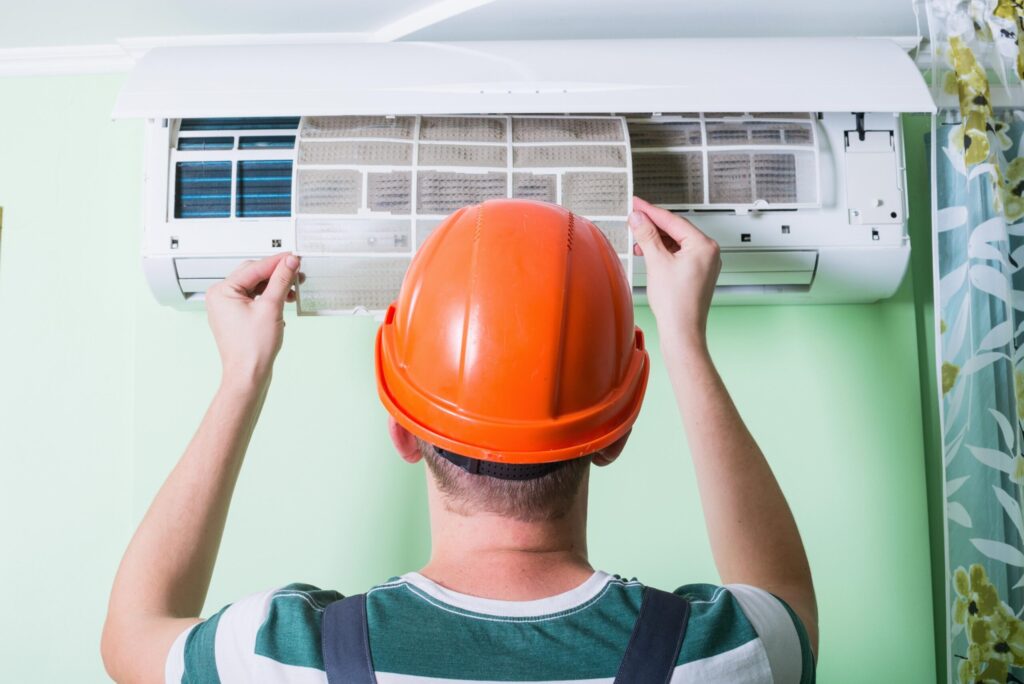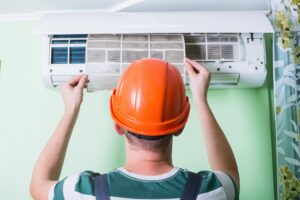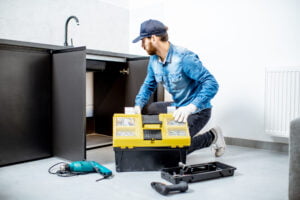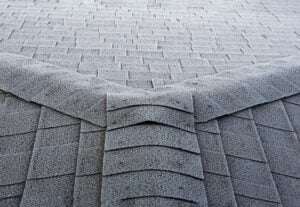Air conditioning systems are critical for maintaining comfort in our homes, especially during the hot summer months. When functioning properly, these systems keep our living spaces cool and ensure a pleasant indoor environment. However, like any other machine, air conditioners have a limited lifespan and can encounter problems from time to time. It’s essential to be aware of the common signs that indicate a need for maintenance or repair. Not only will this extend the lifespan of your unit, but it will also save you money in the long run by preventing more significant, costly issues. Whether you’re in Asheville or elsewhere, it’s crucial to have a trusted service provider for your AC needs. This article aims to highlight some of these red flags, so if you’re seeking AC repair Asheville NC services, or just want to be informed, read on.
Inadequate Cooling or No Cooling At All
One of the most evident signs that there’s a problem with your air conditioner is when it doesn’t cool your home efficiently. If you notice that certain rooms are warmer than others or if the system fails to reach the desired temperature despite running for extended periods, there might be an underlying issue. This could be due to a variety of factors such as low refrigerant levels, a malfunctioning compressor, or a compromised evaporator coil.
Unusual Noises or Sounds
Air conditioners are designed to run quietly. If you start hearing grinding, squealing, rattling, or any other unfamiliar noises emanating from your unit, it’s a definite red flag. Such sounds might indicate that there’s something wrong with the belts, motor bearings, or other internal components. Ignoring these noises can lead to further damage, so it’s best to have your AC checked by a professional as soon as you notice them.
Water Leaks Around the Unit

While air conditioners do produce some condensation, you should never see pools of water or active leaks around your indoor or outdoor units. Excessive leakage might point to issues with the condensation drain or a refrigerant leak. Both situations require immediate attention, as water can cause damage to your home or be a sign of a bigger AC problem.
Frequent Cycling On and Off
It’s normal for an air conditioner to cycle on and off throughout the day to maintain the desired temperature. However, if your system frequently turns off and on without significantly cooling your home, it might be a sign of a malfunction. Frequent cycling not only puts unnecessary strain on the unit but also increases your energy bills. Potential causes for this issue include a malfunctioning thermostat, an improperly sized AC unit for your home, or other mechanical problems.
Bad Odors When the AC is On
If you detect a foul or pungent smell when your air conditioner is running, it might be a sign that there’s mold or mildew growth inside the unit or the ductwork. Not only is this a health hazard, but it can also reduce the efficiency of your system. In some cases, a burning smell might also indicate that the wire insulation inside the AC has burned out. In either case, it’s essential to get your AC checked and repaired immediately.
Increased Energy Bills
An unexpected spike in your energy bills, especially during months when you heavily rely on your AC, might indicate that the unit is not running efficiently. Factors contributing to decreased efficiency can range from dirty air filters, refrigerant leaks, or electrical issues. Regular maintenance and timely repairs can help ensure that your system operates at its optimum efficiency, saving you money in the long run.
Aged Unit with Frequent Repairs
The average lifespan of an air conditioner is between 10 to 15 years. If your unit is reaching the end of this lifespan and is requiring frequent repairs, it might be more cost-effective to consider a replacement. Older units often become less efficient, costing you more in energy bills and repair expenses.
Unusual Thermostat Behavior
Your thermostat is the control center for your air conditioner, signaling the system when to turn on, off, or adjust its intensity. If you find that you’re constantly battling with your thermostat settings, or if it doesn’t accurately reflect the room’s actual temperature, there may be a deeper issue at play. Malfunctioning thermostats can cause your AC to overwork, leading to faster wear and tear. In some cases, merely replacing the thermostat can rectify the problem. However, there might also be communication issues between the thermostat and the AC unit that need addressing.
Short Bursts of Cold Air
Occasionally, an air conditioner might emit short, intense bursts of cold air instead of a steady stream. While the initial blast might feel refreshing, these sporadic cold bursts indicate that the AC is struggling to maintain the set temperature. This inconsistency can be caused by issues ranging from a clogged air filter, restricting airflow to an issue with the compressor. If the pattern persists, it’s essential to get an expert opinion.
Ice Formation on the Unit
It might seem counterintuitive, but ice formation on an air conditioning unit is not a good sign, especially during the hot months. If you notice ice accumulating on the coils or any other part of the AC, it’s a sign that the refrigerant isn’t circulating properly, possibly due to a leak or a blockage. Such an issue can hamper the efficiency of your unit and can lead to more significant problems if left unaddressed.
Reduced Airflow from Vents
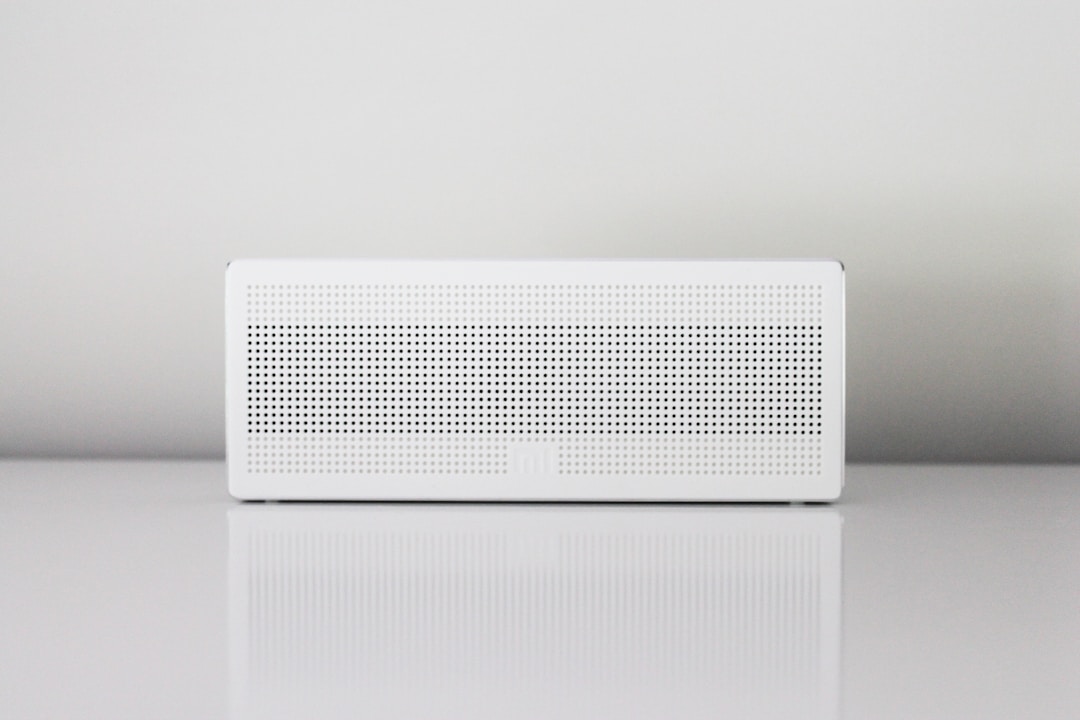
An effective air conditioner should provide a consistent flow of cooled air from its vents. If you begin to notice weaker airflow or if certain rooms in your home are receiving little to no air, it’s an indication that something is amiss. Reduced airflow can be the result of clogged ducts, a faulty motor, or issues with the compressor. Regularly changing the air filter and ensuring the external unit is free from obstructions can sometimes remedy this. However, if the problem persists, seeking professional help is crucial.
Deteriorating Air Quality
One of the secondary benefits of an AC system, besides cooling your home, is improving indoor air quality. A well-functioning AC will filter out pollutants and allergens and maintain optimal humidity levels. However, if you start to notice an increase in respiratory problems, allergic reactions, or a musty smell in the air, your AC might be contributing to the problem. Deteriorating indoor air quality can be caused by dirty filters, mold growth in the ducts, or a malfunctioning dehumidifying system.
Tripping Circuit Breakers
Your air conditioner, like all electrical appliances, draws power from your home’s electrical system. If you find that your AC is frequently tripping the circuit breaker, it’s a sign that the unit is drawing more power than it should. This could be due to a faulty motor, electrical issues within the unit, or even an aging system that’s nearing the end of its life. Continual tripping can lead to further electrical damage, making it essential to address the issue promptly.
Conclusion: The Importance of Timely AC Maintenance and Repair
Ignoring the signs that your air conditioner needs attention can lead to more severe problems and higher repair costs in the future. By being proactive and addressing issues as they arise, you can extend the lifespan of your AC unit, reduce energy consumption, and ensure that your home remains comfortable throughout the year. Remember, an ounce of prevention is worth a pound of cure. Whether you notice minor glitches or more significant issues, it’s always best to consult with a professional to ensure your air conditioning system is in top shape. Don’t wait until the last minute – take care of the red flags now and enjoy a cool, hassle-free summer.

